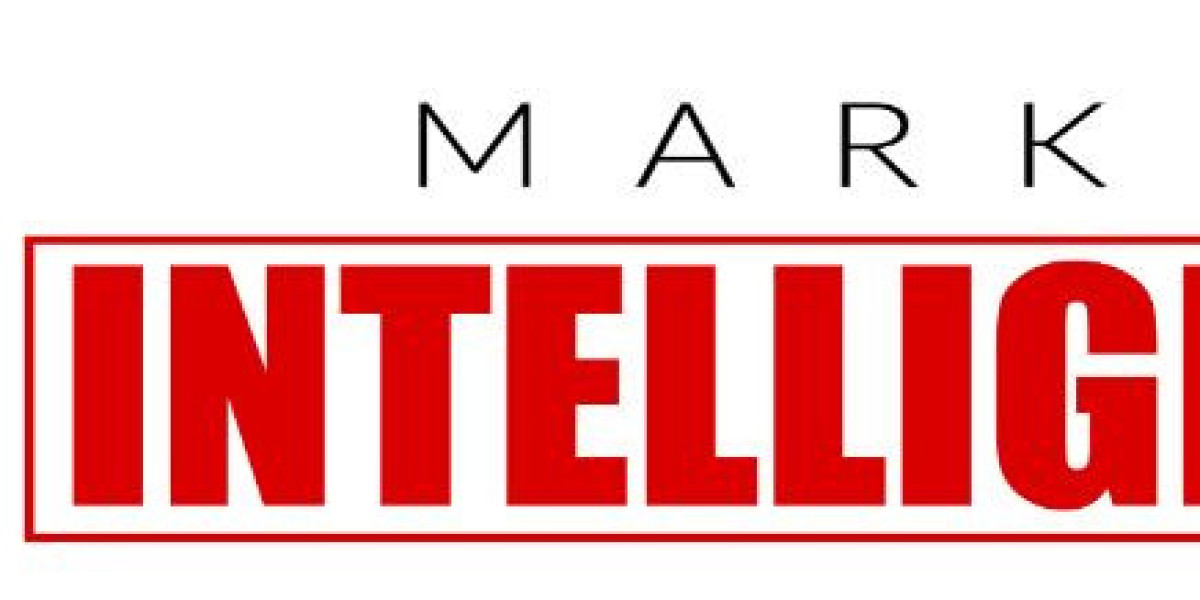The Importance of Accurate Medical Billing in Family Medicine Practices
Accurate medical billing is vital for the financial health of family medicine practices. It ensures that healthcare providers receive proper reimbursement for the services they provide, allowing them to continue delivering quality care to their patients. However, the complexities of medical billing can be overwhelming, leading to errors that result in delayed payments or denied claims. In this section, we will explore the importance of accurate medical billing and the impact it has on the financial success of family medicine practices.
Proper medical billing goes beyond simply submitting claims to insurance companies; it involves correctly coding diagnoses and procedures, verifying insurance coverage, and adhering to ever-changing regulations. Failing to accurately bill for services can lead to significant revenue loss and can even put the practice’s financial stability at risk. By understanding the importance of accurate medical billing, family medicine practitioners can take necessary steps to optimize their revenue cycle and ensure financial viability.
One of the primary reasons accurate medical billing is essential is that it directly impacts a practice’s cash flow. Timely and accurate billing allows for quicker reimbursement, reducing the risk of delayed payments and improving overall revenue cycle management. Additionally, accurate billing ensures that healthcare providers are reimbursed at the appropriate rates, maximizing their revenue potential.
Inaccurate medical billing can also lead to increased claim denials and rejections. Insurance companies have strict guidelines and requirements for claims submission, and any errors or omissions can result in denials. This not only delays payment but also requires additional time and effort to rectify the issue. By focusing on accurate medical billing, family medicine practices can minimize claim denials, improve cash flow, and reduce administrative burden.
Common Medical Billing Challenges Faced by Family Medicine Practices
Family medicine practices often encounter various challenges when it comes to medical billing. These challenges can hinder the practice’s financial stability, lead to billing errors, and negatively impact overall revenue. In this section, we will discuss some of the common medical billing challenges faced by family medicine practices and explore strategies to overcome them.
One of the significant challenges faced by family medicine practices is keeping up with the ever-changing billing and coding regulations. The healthcare industry is dynamic, with frequent updates to coding guidelines, reimbursement rates, and documentation requirements. Staying abreast of these changes can be daunting, especially for small practices that may not have dedicated billing staff or resources. However, failing to stay updated can result in billing errors and claim denials. To overcome this challenge, family medicine practices should invest in ongoing training and education for their billing staff, utilize reputable resources for coding guidelines, and consider partnering with professional billing services to ensure compliance with the latest regulations.
Another common challenge is the high volume of administrative tasks involved in medical billing. Family medicine practitioners often find themselves spending valuable time on paperwork, claims submission, and follow-ups, taking away from patient care. This administrative burden can be alleviated by implementing efficient billing systems, utilizing electronic health record (EHR) software that integrates billing functionalities, and outsourcing billing tasks to specialized services. By streamlining administrative processes, family medicine practices can focus more on delivering quality care to their patients. Read More...









